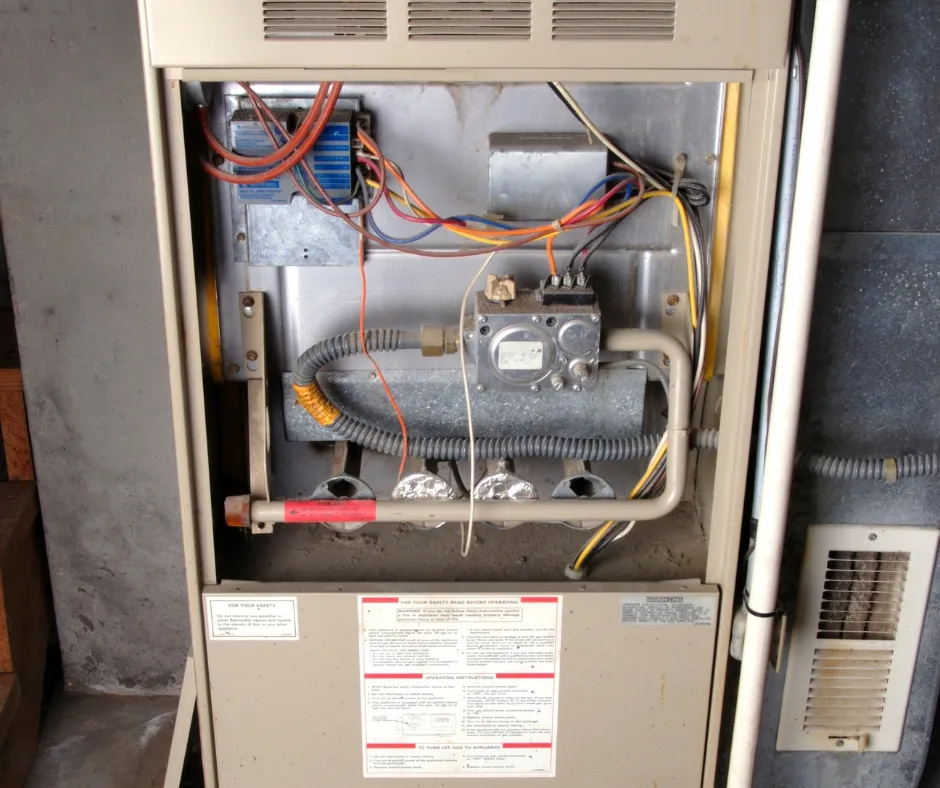When freezing temperatures hit Northern Kentucky, your furnace becomes your home’s first line of defense against the cold. But when your system is working harder than ever, it’s also more prone to unexpected breakdowns. A mid-winter failure isn’t just inconvenient – it can be unsafe.
Thankfully, a few preventative steps can significantly reduce the chances of your furnace quitting when you need it most.
1. Schedule Routine Furnace Maintenance
Professional maintenance is the most important defense against winter breakdowns. During a tune-up, an HVAC technician cleans burners, checks electrical components, inspects the heat exchanger, lubricates moving parts, and ensures the entire system is operating safely and efficiently.
A system that’s maintained annually is far less likely to fail under heavy winter demands.
2. Replace Air Filters Regularly
A clogged air filter restricts airflow, forcing your furnace to work harder. This can lead to overheating, short cycling, and premature wear on essential components.
During the winter, when the furnace runs most often, filters should be checked monthly and replaced as needed.
3. Keep Vents & Registers Open
Closed or blocked vents disrupt airflow and can put unnecessary strain on your furnace. Ensure all vents are open and unobstructed by furniture, rugs, or drapes.
Proper circulation helps your system heat the home evenly and reduces stress on the blower motor.
4. Protect Your Furnace from Overuse
Running your furnace nonstop increases the risk of breakdowns. Instead of relying solely on the heating system, consider using ceiling fans on low to circulate warm air downward, sealing drafty windows, and insulating door gaps.
These small steps reduce the workload on your furnace.
5. Address Minor Issues Early
Unusual noises, uneven heating, strange smells, or frequent cycling often point to an early-stage problem.
Handling these issues promptly can prevent costly emergency repairs later. Avoid letting small warning signs turn into mid-winter failures.
Final Thoughts
Preventing furnace breakdowns isn’t about luck – it’s about preparation. With regular maintenance, proper airflow, and early intervention, you can ensure your furnace runs smoothly all winter long.
If you want peace of mind during the coldest days, schedule a winter tune-up with Steve’s Heating & Cooling. Our experts are here to keep your home warm, safe, and comfortable all season.


